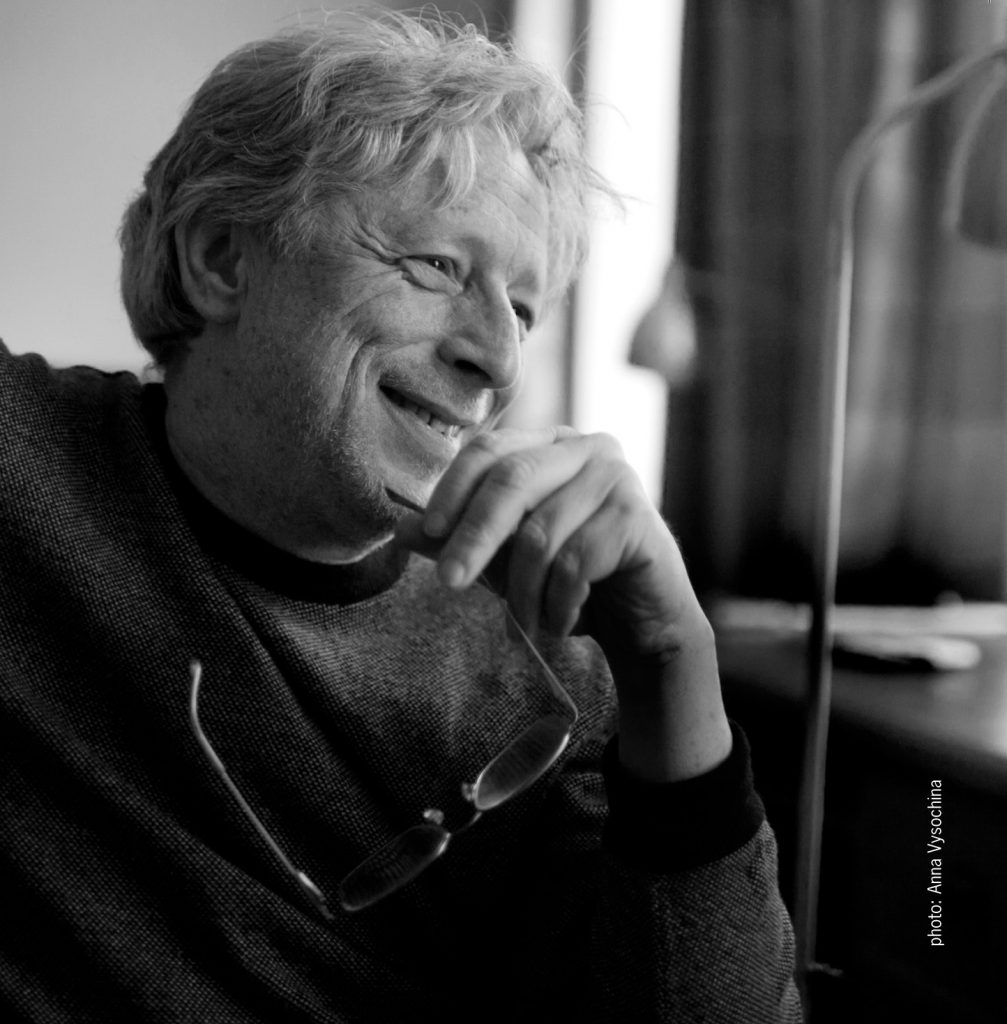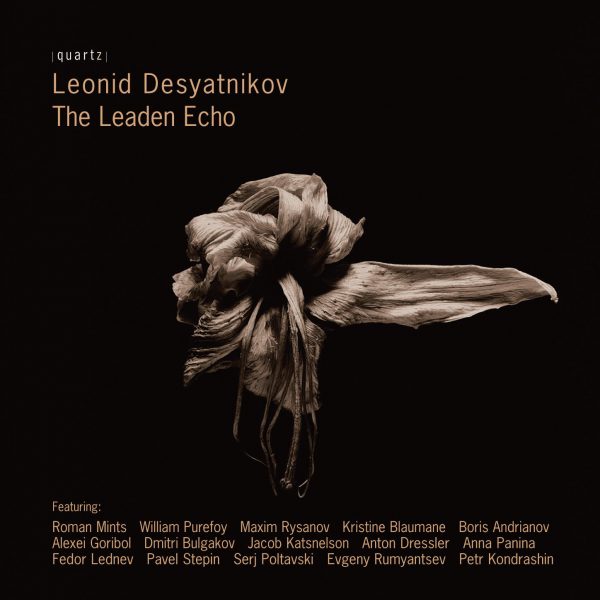Leonid Desyatnikov

Leonid Desyatnikov was born in 1955 in Kharkov, Ukraine. He is a graduate of the Leningrad Conservatory, where he studied composition and instrumentation. Desyatnikov has penned four operas, several cantatas and numerous vocal and instrumental compositions. The composer defines his style as “the emancipation of consonance, the transformation of the banal, minimalism with a human face”; his favourite genre is the “tragically naughty bagatelle”. His principal compositions include: Rosenthal’s Children (an opera in two acts; libretto, Vladimir Sorokin), commissioned by the Bolshoi Theatre; Poor Liza (a chamber opera in one act; libretto, Leonid Desyatnikov, after the novel by Nikolai Karamzin); Gift (a cantata based on the verses of Gavrila Derzhavin); The Leaden Echo (a work for voice(s) and instruments based on the poem by Gerard Manley Hopkins); and The Rite of Winter 1949 (a symphony for chorus, soloists and orchestra).
Desyatnikov has been collaborating with Gidon Kremer since 1996 as a composer (Wie der Alte Leiermann…; the chamber version of Sketches to Sunset; Russian Seasons) as well as arranging the works of Astor Piazzolla, among which is the tango-operita Maria de Buenos-Aires and Quatro Estaciones Porteñas.
Desyatnikov wrote the scores for the films Sunset (1990), Lost in Siberia (1991), Hammer and Sickle (1994), Moscow Nights (Katya Izmailova) (1994), Giselle’s Mania (1995), Prisoner of the Mountains (1996), All That Is Tender (1996), Moscow (2000), His Wife’s Diary (2000) and The Target (2010).
He was awarded a Golden Ram prize and the Grand Prix of the IV International Cinema Music festival in Bonn for his score for Moscow and the special prize of the Window to Europe Cinema Festival in Vyborg.
In 2006 the opera Rosenthal’s Children received the special jury prize of The Golden Mask National Theatre Award. In 2003 he was awarded the State Prize of Russia.
Recordings:
